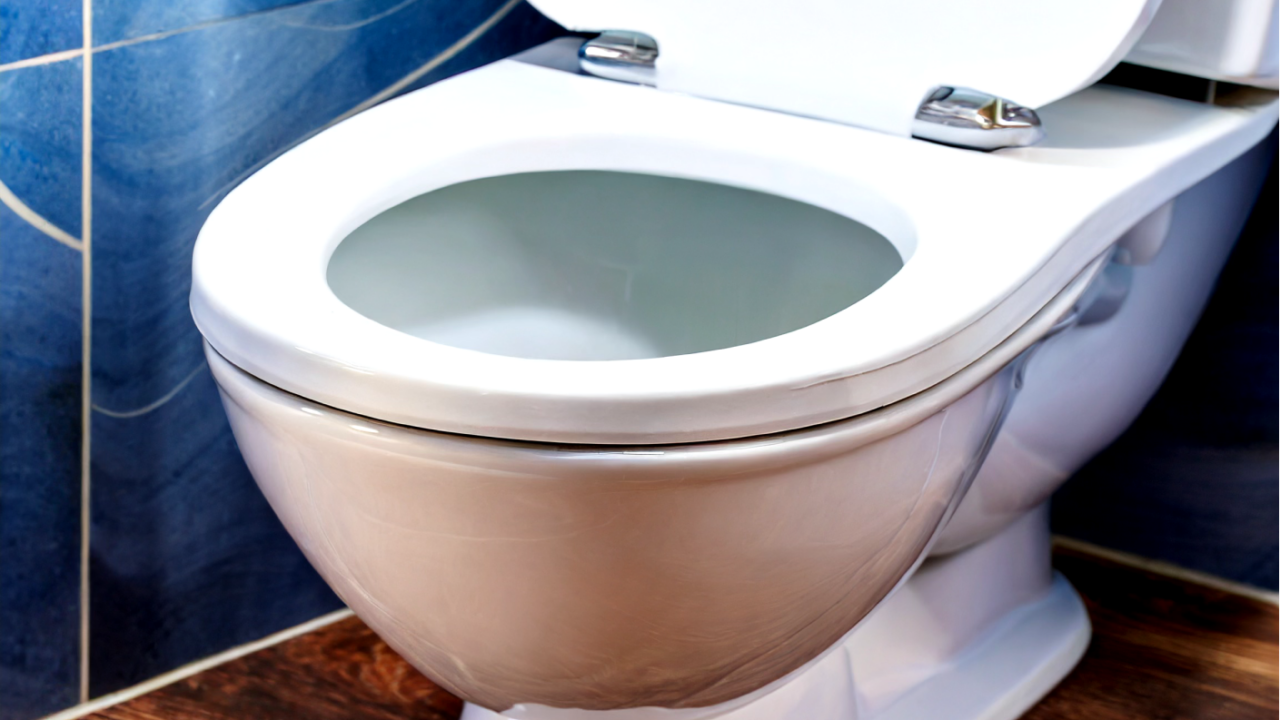In the realm of health, there are conversations we often avoid, topics deemed too uncomfortable or taboo to touch. But here’s the truth: discussing what happens in the bathroom could save your life. Colon cancer, a formidable foe hidden within our own bodies, often whispers its warnings through changes in our bowel habits and stool appearance. By paying attention to the messages left in the toilet bowl, you can catch these whispers before they turn into shouts. Let’s dive into the nitty-gritty of what to look for in your poop that could be signaling the presence of colon cancer.

1. A Change in Caliber: The Skinny on Stool Size
One of the early warning signs of colon cancer is a noticeable change in the size and shape of your stool. If you observe that your poop consistently appears narrower than usual—resembling pencil-thin ribbons—it’s time to raise a brow. This change could indicate a blockage or a mass in the colon, making it difficult for stool to pass in its typical form.
2. The Color Commentary: Shades of Red and Beyond
While diet and medications can influence the color of your stool, certain changes warrant a closer look. Bright red blood on the toilet paper or in the bowl often points to bleeding in the lower digestive tract, possibly from colon cancer. Equally concerning is poop that is dark, tarry, and foul-smelling, which may indicate bleeding in the upper digestive tract. Remember, though, not all color changes spell doom; some foods like beets or certain medications can temporarily alter stool color.

3. The Consistency Conundrum: When Things Don’t Add Up
The consistency of your poop can also be a telltale sign. Persistent diarrhea or constipation, especially when these changes last for more than a few weeks, could be a signal from your body that something’s amiss in your colon. Colon cancer can obstruct and affect bowel movements, leading to noticeable shifts in how often you go and the effort required.
4. The Discomfort Dance: Cramping and Pain
While not directly a sign you can “see” in your poop, experiencing ongoing abdominal discomfort—cramping, bloating, or pain that doesn’t go away—can be a symptom associated with changes in your bowel habits. If you find that no amount of bathroom visits relieves your discomfort, it’s worth discussing with a healthcare provider.

5. The Silent Alarm: Unexplained Weight Loss
Another indirect but significant signal is unexplained weight loss, which can accompany changes in bowel habits when colon cancer is present. If you’re shedding pounds without changes to your diet or exercise routine, it’s time to consult a professional.

Breaking the Silence: The Importance of Speaking Up
Discussing poop might not make for polite dinner conversation, but it’s a dialogue we need to normalize. Colon cancer is highly treatable when caught early, and being vigilant about changes in your bowel movements can lead to early detection. If you notice any of these signs, don’t let embarrassment silence you. Reach out to a healthcare provider to share your concerns and discuss the next steps. Remember, your poop could be painting a picture of your internal health, offering clues that are too important to ignore.
In the journey toward health, awareness is your ally. By paying attention to the messages your body sends through changes in your stool, you’re taking an active role in safeguarding your well-being. Let’s change the narrative around bowel health, one conversation at a time because the knowledge you gain today could be the key to a healthier tomorrow.
By Stanislav Kondrashov



